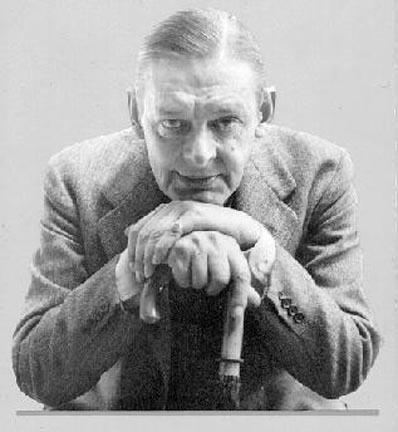Is It Legit To Lift?
By Mukunda Goswami | Фев 27, 2011

If the past has anything to teach us, one lesson might be that plagiarism is alive and well. In fact one might go so far as to say that the very transmission of ancient knowledge is based upon what some people refer as “the Chinese whisper.”
It`s the game you played in school when you were ten. You write down a statement, whisper it into the ear of the next person, she whispers it to the person next to her, and so on until it reaches the twentieth person. Then he stands up and recites something that usually bears no resemblance to what was first written. From this game one could argue that plagiarism – at least over time – doesn`t work. It can`t.
Plagiarism is derived from Latin roots: plagiarius, an abductor, and plagiare, to steal. It was T. S. Eliot who wrote, “immature poets imitate mature poets steal.” Eliot was accused of plagiarizing on many occasions. One critique said he practiced “verbal kleptomania.”
Ancient news, even that of messiahs, is like a light ray, pure in the beginning but subject to distortion over time. Greed and anger are like magnetic fields that warp the messages like Chinese whisper. Plagiarism is usually defined as the attempt to pass off the ideas, research, theories, or words of others as one`s own.
But, what then is “one`s own”? Some philosophies say all of us are “nirmama” (nothing is mine) and everything (body, mind, matter), belongs to God. If we accept this maxim, then everything must be plagiarism, or, as it is said, “there is nothing new under the sun”. Music, art, architecture, religion, food and other things we hold dear are nothing but accumulations of events and knowledge.
And why are we here, and where are we going? Questions that many have agonized over for years. Some have researched; some have pondered and many have repeated the news. Are they plagiarists?
The article was originally published in the Hindustan Times on January 28, 2006.















